The Low Glycemic Index Neapolitan Pastiera
Finally, without fear and guilt, without having to monitor blood sugar levels every few minutes.
Even for us diabetics, the Low Glycemic Index Neapolitan Pastiera has arrived, and with it, Easter is served.
I experimented with various ingredients and finally found the right compromise between taste, tradition, and health, which is the most important thing.
To make the Low Glycemic Index Neapolitan Pastiera, I created a wholemeal shortcrust pastry shell, already tested on myself even in some sandwich cookies, while I replaced the classic wheat with buckwheat for the filling, which is of low glycemic index.
You will find both the traditional preparation and the one with the Bimby.
I used cow’s ricotta because it is leaner, and to sweeten, I used erythritol, but you will also find the measurements for stevia.
The only downside is not being able to add candied fruit, but I replaced them with a little homemade orange compote with peel.
But enough with the chatter, let’s get to the kitchen.
You might also be interested in:
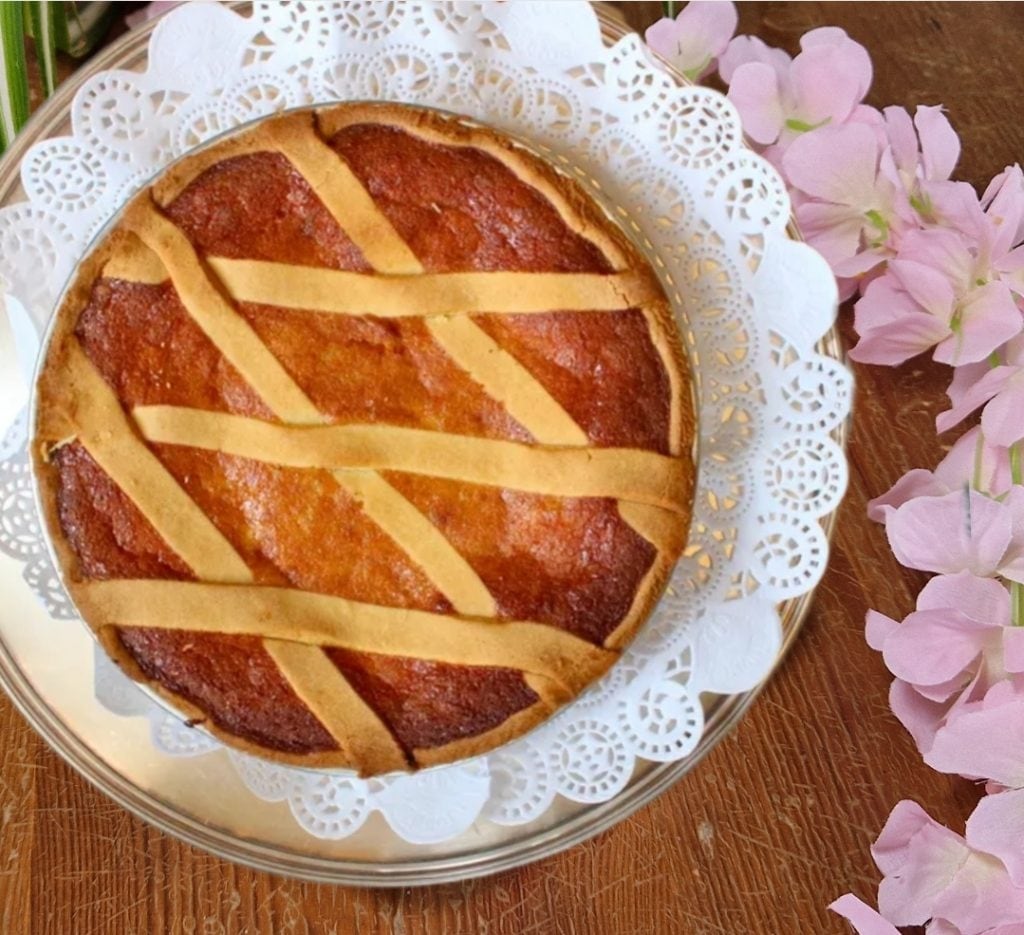
- Difficulty: Easy
- Cost: Cheap
- Rest time: 2 Hours
- Preparation time: 1 Hour
- Portions: 10
- Cooking methods: Boiling, Oven
- Cuisine: Italian
- Seasonality: All Seasons
- Energy 330.15 (Kcal)
- Carbohydrates 48.06 (g) of which sugars 4.28 (g)
- Proteins 12.36 (g)
- Fat 17.09 (g) of which saturated 5.70 (g)of which unsaturated 10.25 (g)
- Fibers 3.83 (g)
- Sodium 65.78 (mg)
Indicative values for a portion of 100 g processed in an automated way starting from the nutritional information available on the CREA* and FoodData Central** databases. It is not food and / or nutritional advice.
* CREATES Food and Nutrition Research Center: https://www.crea.gov.it/alimenti-e-nutrizione https://www.alimentinutrizione.it ** U.S. Department of Agriculture, Agricultural Research Service. FoodData Central, 2019. https://fdc.nal.usda.gov
Ingredients
Let’s go shopping
- 10.5 oz wholemeal flour (or Fiber flour)
- 1/3 cup sunflower seed oil
- 2 eggs
- 1 tsp baking powder
- 3.5 oz erythritol (0.33 oz of Stevia)
- 1 tsp lemon zest (grated)
- 4.2 oz buckwheat
- 2 tbsp butter
- 3/4 cup milk
- 1 oz orange blossom water
- 1 tsp orange zest (organic grated)
- 1 tsp lemon zest (organic grated)
- 3 eggs
- 1 tbsp orange marmalade (with peel and sugar-free)
- Half sachet vanillin
- 10.5 oz ricotta
- 1.75 oz erythritol
Tools
What we need to make
- 1 Bowl
- 1 Rolling pin
- 1 Pastry board
- 1 Parchment paper
- 1 Baking pan 22 cm
- 2 Pots
- 1 Electric whisk
- 1 Pastry cutter pasta cutter
Steps
To make
Let’s start preparing the base by hand or in a stand mixer; we’ll make a wholemeal shortcrust pastry, which you can work by hand or use a mixer or stand mixer with the hook, or the Bimby

In a bowl mix the flour with the baking powder and a pinch of salt and set aside.
In another bowl, or in the bowl of the stand mixer or mixer, beat the eggs with the erythritol and grated lemon zest or vanillin depending on what you choose to use.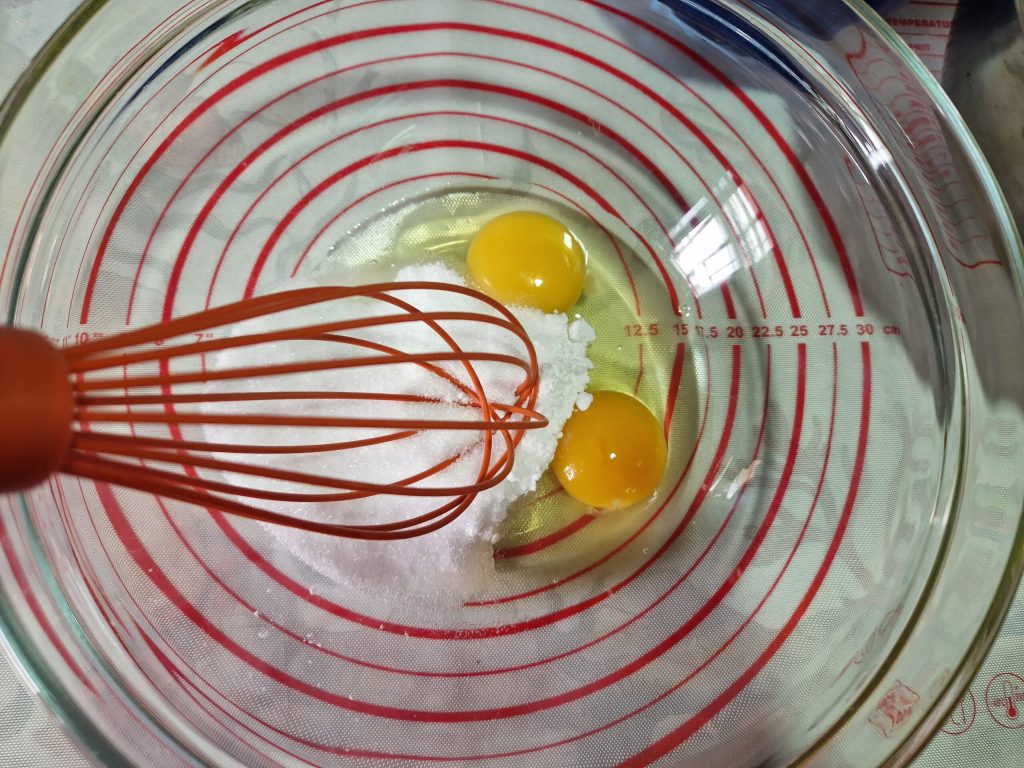
Add the oil to the eggs gradually and continue to mix.

Then it’s time for the wholemeal flour with the baking powder and salt, and mix a little at a time

If working by hand, first mix the ingredients in a bowl then transfer everything to the pastry board and continue kneading by hand until you get a smooth and homogeneous dough.

If instead, you have used the mixer or the stand mixer, when all the ingredients are well combined and detach from the sides of the bowl, transfer the dough onto the work surface and compact the dough.
You will know that the dough is ready when pressing with a finger it doesn’t stick to the dough
Once you have obtained the dough, wrap the shortcrust pastry in cling film and place it in the refrigerator for 30 minutes before using it for cookies or tart bases.
Soak the buckwheat for 1 hour, and in the meantime, drain the ricotta from the whey.
After the time has passed, boil the buckwheat in boiling water with a pinch of salt for about 15 minutes, then drain and rinse it.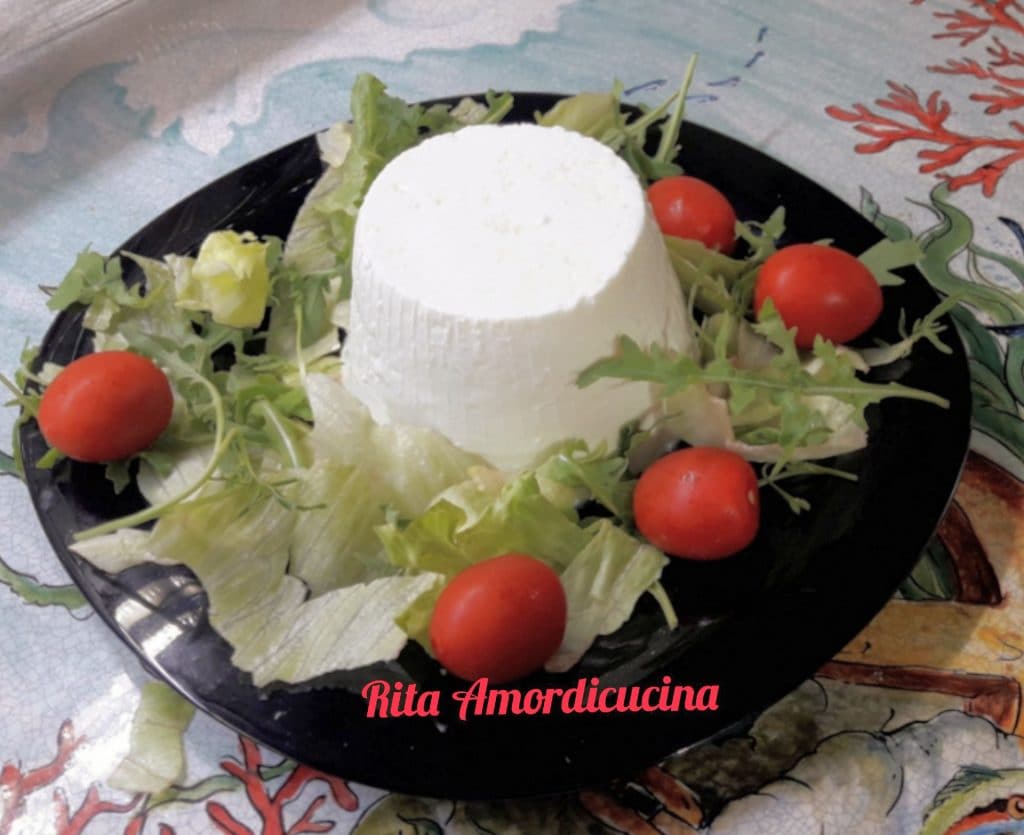
Transfer it to a pot along with the milk, 1.75 oz of erythritol, butter, and grated lemon zest, and cook over low heat, stirring often, until it has absorbed all the milk.
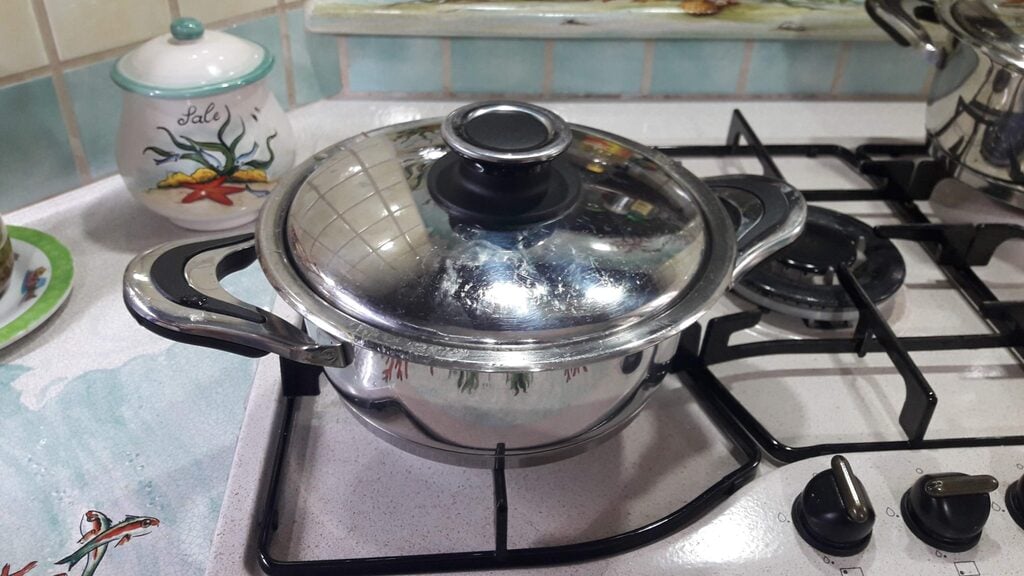
Once the buckwheat is cooked, spread it in a rather large pan to let it cool.
After it has cooled, proceed to the rest of the filling.In a bowl, combine the whole egg, the rest of the sweetener, and the vanillin, and whisk everything with a whisk until the mixture is nice and fluffy

Then you can add the ricotta and continue mixing with the whisk until you get a creamy and homogeneous mixture.
Add the now cold buckwheat and mix all the ingredients with a spoon, and when they are well blended, add the sugar-free orange compote, orange blossom water, and cinnamon mix well.
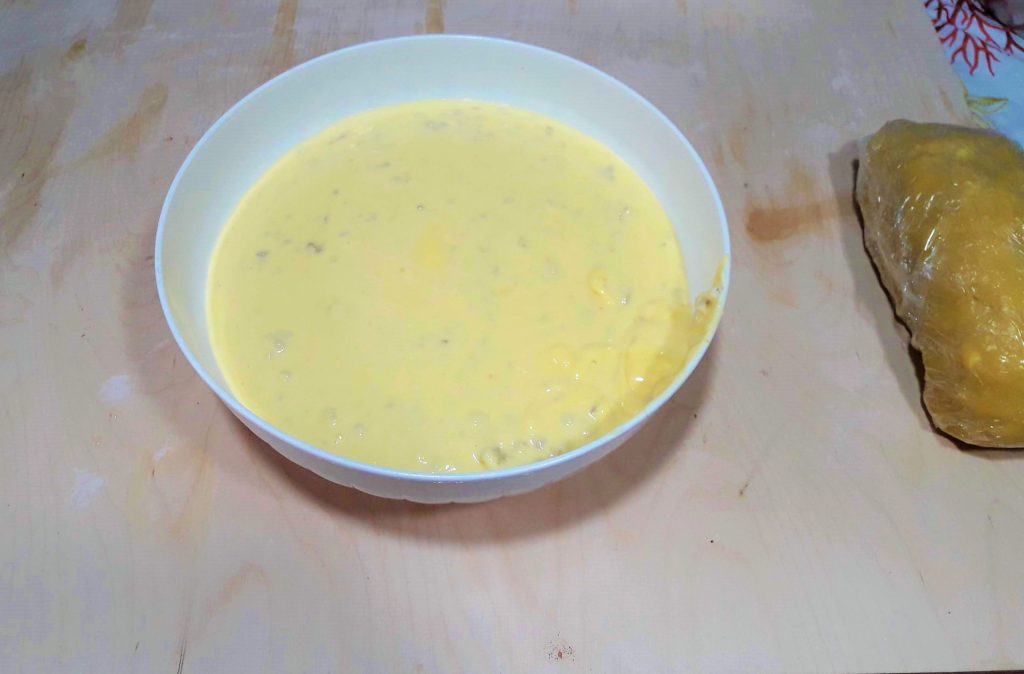
Butter and flour a 22 cm diameter cake pan
Retrieve the shortcrust pastry from the refrigerator and cut off about a third to put back in the fridge, which we will need later for the strips
Roll out the larger part on a sheet of parchment paper, forming a sheet about half a centimeter thick.
Gently place it on the cake pan, making it adhere well to both the bottom and the edges

Pressing with the rolling pin on the edges of the cake pan, remove the excess dough; then, with the tines of a fork, prick the bottom.
Fill the pastiera shell with the filling, distributing it evenly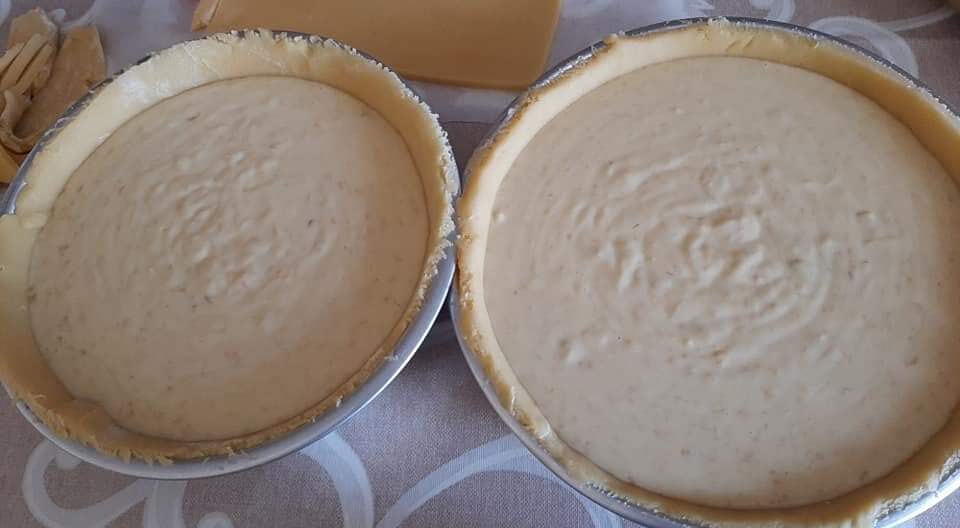
Retrieve the leftover shortcrust pastry from the refrigerator, roll it out into a not too thin sheet, and using a serrated pastry wheel, cut strips about 1 cm wide
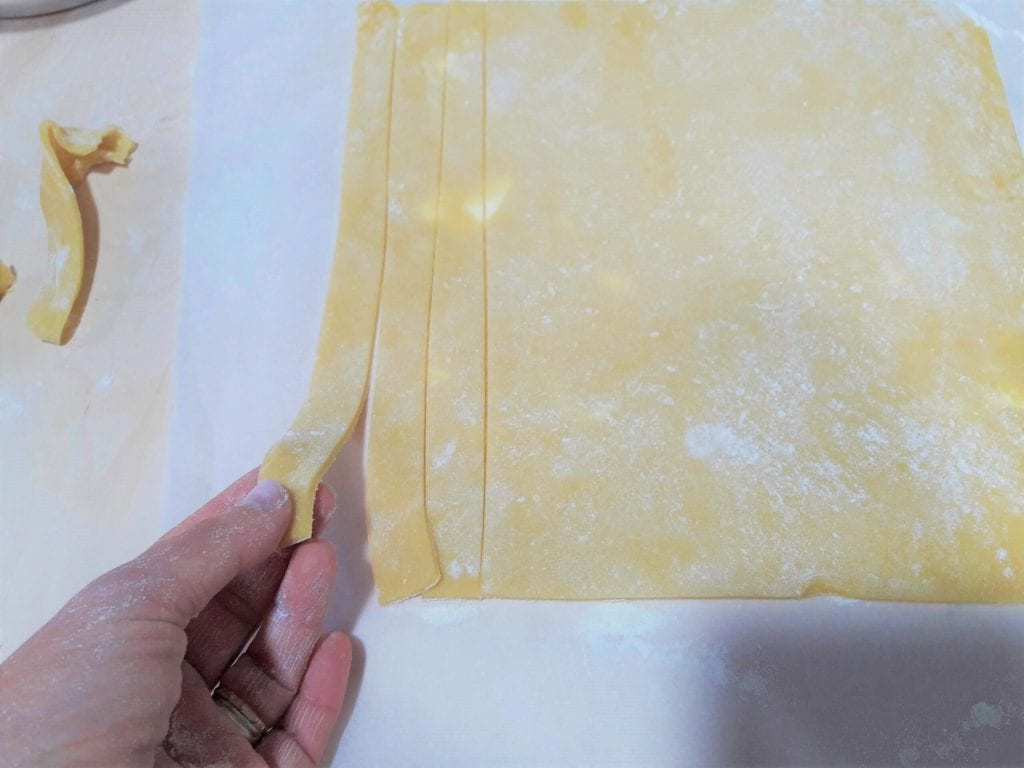
Place them on the surface of the pastiera forming a diamond lattice.
Traditionally, the Neapolitan pastiera has 7 strips.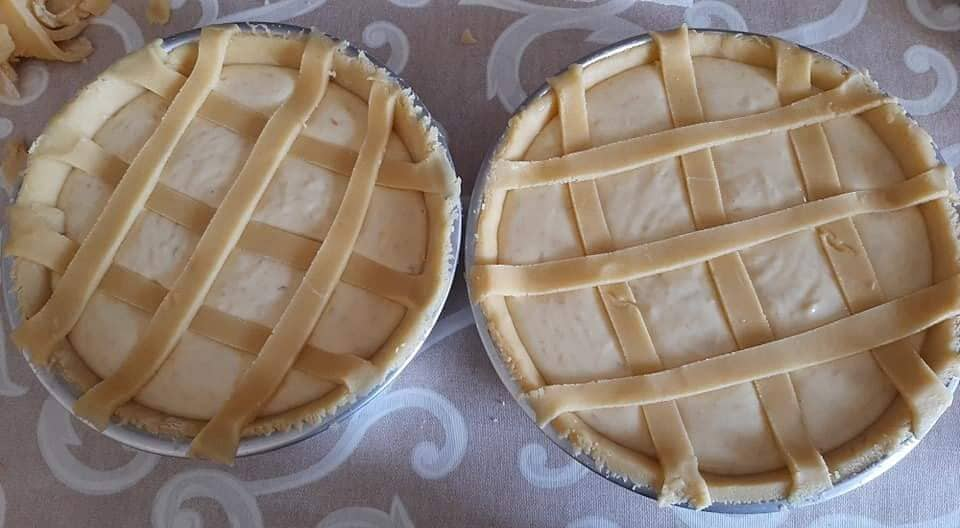
Bake the pastiera in a preheated oven at 356°F (static) for about 70 minutes. After the first 45 minutes, cover it with a sheet of parchment paper so it doesn’t brown too much on the surface, and continue cooking.
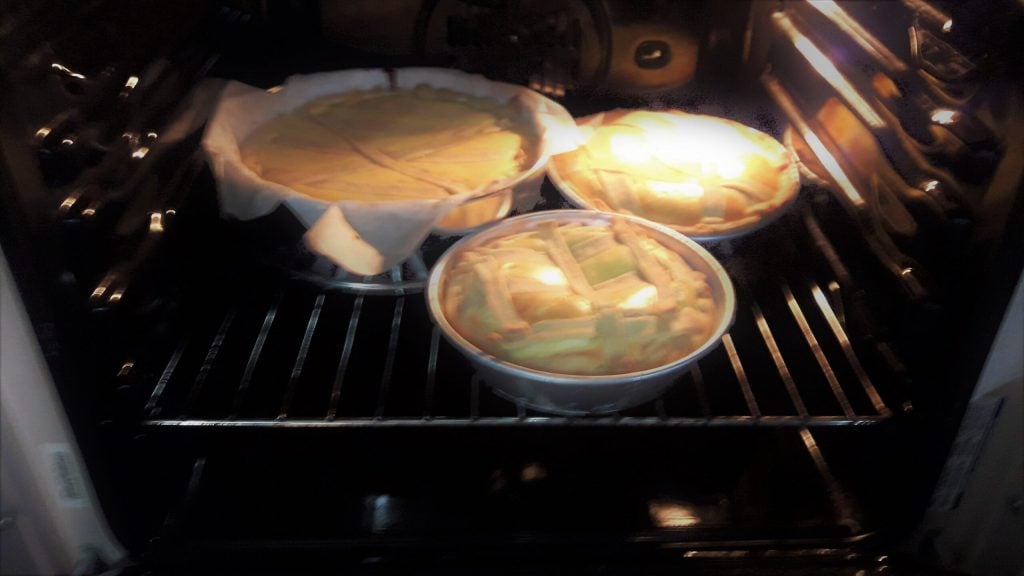
Take the low glycemic index Neapolitan pastiera out of the oven, and let it cool well at room temperature. The next day or after at least 8 hours, carefully remove the pastiera from the mold and serve it.

The base of the pastiera:
Put all the ingredients together in the bowl, and activate spike 4 min.
Then place the dough on the work surface and compact it with your hands.
You will know that the dough is ready when pressing with a finger it doesn’t stick to the dough.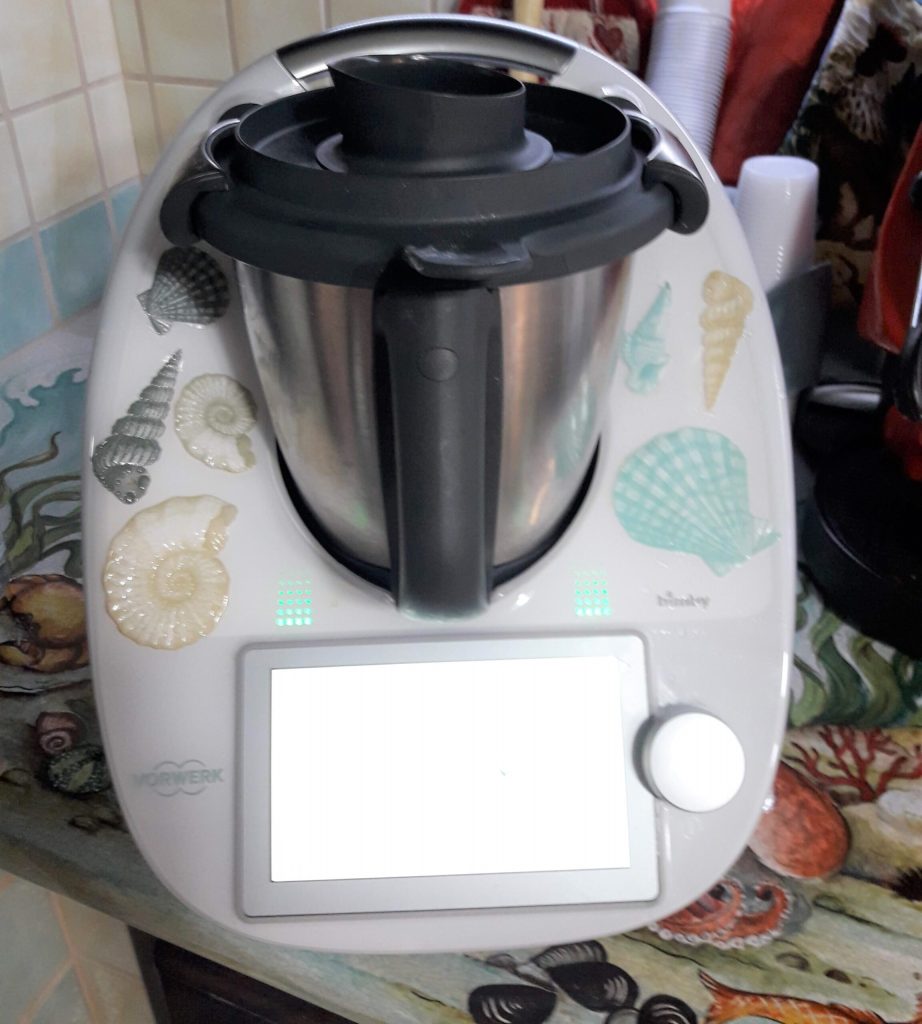
Once you have obtained the dough, wrap the shortcrust pastry in cling film and place it in the refrigerator for 30 minutes before using it.

The filling with the Bimby:
Soak the buckwheat for 1 hour, and in the meantime, drain the ricotta from the whey.
After the time has passed, place the buckwheat in the bowl with 600 g of water and a pinch of salt, cook with the basket instead of the measuring cup for 18 minutes 100°F speed 1 teaspoon, then drain and rinse it.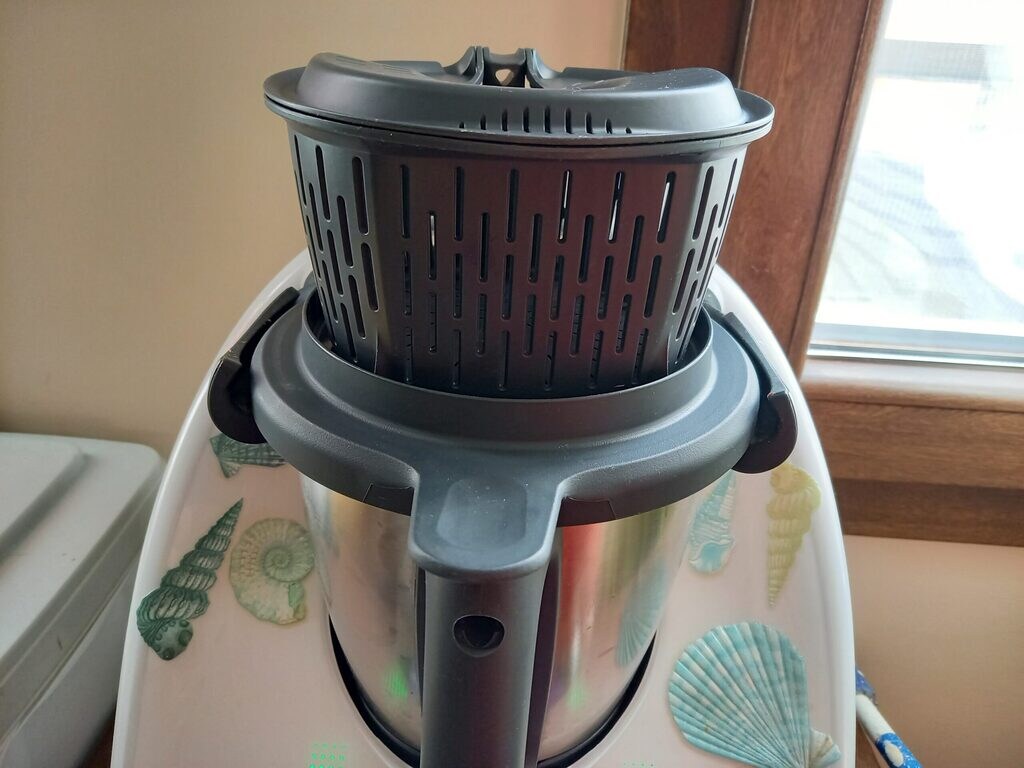
Transfer it back into the bowl along with the milk, 1.75 oz of erythritol, butter, and grated lemon zest, and cook with the basket instead of the measuring cup, for 15 min. at 100°F counterclockwise speed 1
Then spread it in a rather large pan to let it cool.
Now that the buckwheat has cooled, proceed to the rest of the filling:
Combine the eggs and the rest of the sweetener in the bowl and the vanillin, and mix everything for 3 minutes speed 3 to make the mixture nice and fluffy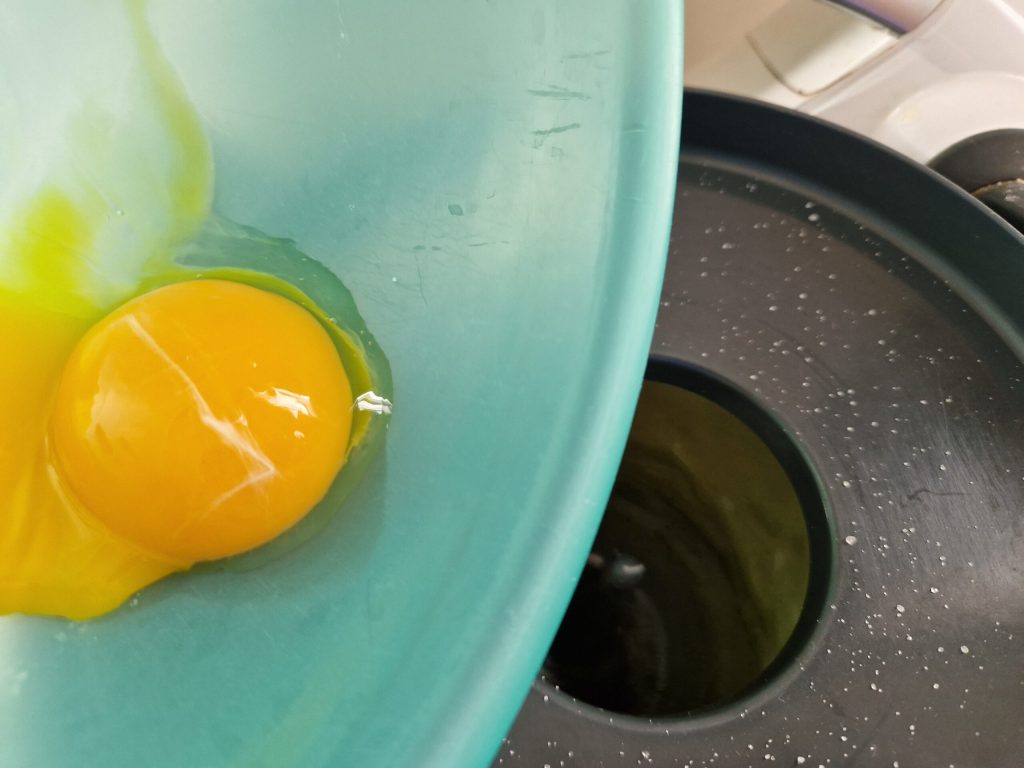
then you can add the ricotta, and continue mixing for another 3 minutes, counterclockwise speed 3. Add the now cold buckwheat and mix for 3 min. counterclockwise speed 2 and, when they are well blended, add the sugar-free orange compote, orange blossom water, and cinnamon mix counterclockwise 3 min. speed 2
Now the preparations are ready, and you can follow the assembly of the low glycemic index Neapolitan pastiera from point 13 onwards

The Low Glycemic Index Neapolitan Pastiera can be kept for up to 5 days covered and out of the fridge. You can also freeze it in portions for up to 3 months.
FAQ (Questions and Answers)
The Low Glycemic Index Neapolitan Pastiera
Can I add chocolate chips?
Yes, but first you need to freeze and flour them, and add them a minute before placing the shortcrust strips.

